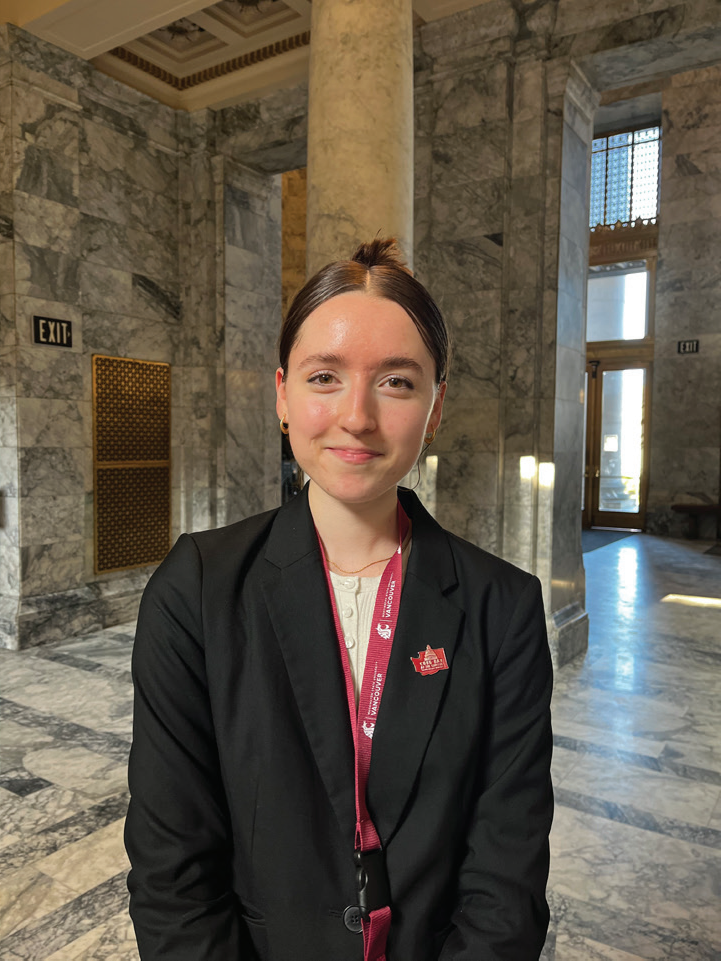By D Turk | Staff Reporter
Fossil Free WSU (FFWSU), a cross-campus subcommittee of WSU’s Environmental Sustainability Alliance, is filing a formal letter of complaint to Washington State Attorney General Nick Brown regarding the WSU Foundation’s failure to fully disinvest from their fossil fuel stocks.
The letter of complaint, a 40-page document mostly written by senior faculty member William (Bill) Engels, laments an estimated $43–50 million of the WSU Foundation’s funds going toward the fossil fuel industry. The letter also states that this puts the Foundation in violation of the Uniform Prudent Management of Institutional Funds Act.
FFWSU has roots in WSU Pullman’s Environmental Sustainability Alliance and does not operate on any particular hierarchy. The letter was a collaborative effort, and the same is true for the effort to collect signatures, which have been gathered across all campuses, both in person and online via QR code. Among the people who have helped with the letter and gathering signatures is Audrey Atchley, a Vancouver student working within FFWSU.
When asked what FFWSU hopes for the formal letter of complaint to achieve, Atchley states that not only is it important because it’s a serious issue, “but also because it is a concern of their student population and of the individuals that work for them as well.”
“We are hoping this letter of complaint will shed light on these concerns, that [the WSU Foundation will] be kept accountable,” Atchley said. “…Their actions won’t go unnoticed.”
The letter also refutes Foundation Chief Executive Officer Mike Connell’s past claims that the “indirect nature” of the Foundation’s investments makes it difficult to divest. It states that Connell’s reasoning is not a sufficient explanation for the Foundation’s sluggish pace in divesting.
FFWSU has made multiple requests to the WSU Foundation over the years, requesting that the Foundation disinvest from all their fossil fuel stocks, only to be largely ignored.
“Their responses have been unsatisfactory, to put it quite plainly,” Atchley said. “Our requests have been met with an unwillingness to participate in a conversation about disinvesting. It’s clear that the administration is not interested in disinvestment and does not have good feelings towards our mission, our agenda.”
The hope for divestment at WSU seems to be shared by Vancouver students. According to Atchley, her first presentation to a class about the petition got half of the students to sign right away. She also expressed great admiration for the work students have done both within and outside of the Collective for Social and Environmental Justice at WSU Vancouver toward the cause of sustainability.
“Day in and day out, it is so inspiring to see students advocating for sustainability and for a brighter future,” Atchley said. “Some of these efforts I see, like within [the Collective for Social and Environmental Justice], to create a community garden.”
“The campus is a soil bed where people have seeds planted, and after that they get their degrees and explore the world, taking what they’ve learned with them,” she said. “These skills and the tools that they take from these events, and from the inspiration of student leaders here on campus advocating for a living environment and social justice issues, are the ones that will color and saturate the soil.”

